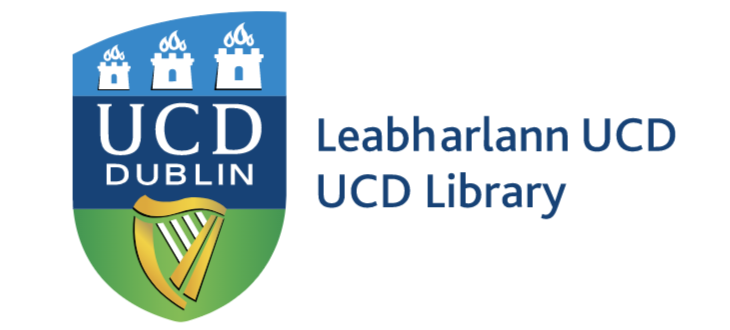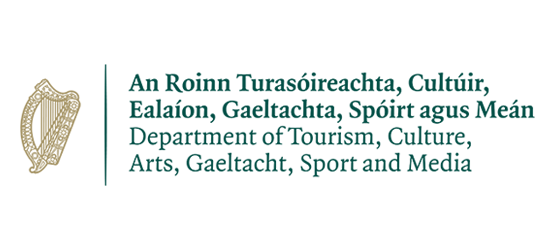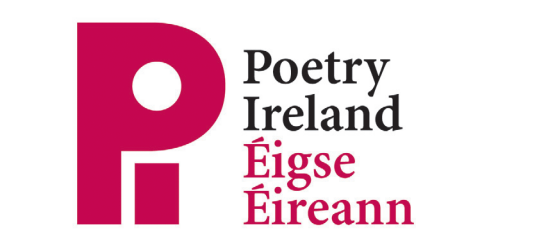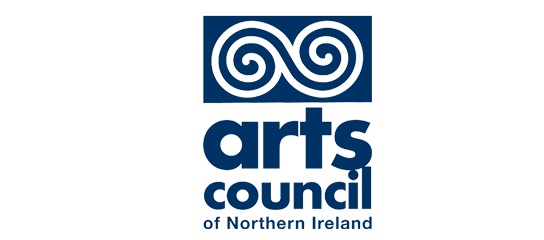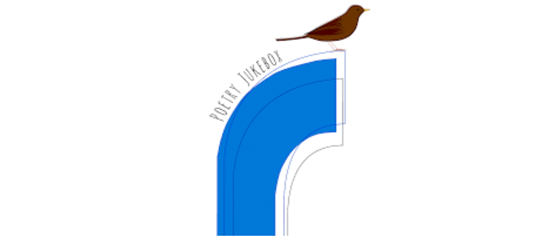Bridget’s Hope
by Emily Cullen
Athenry, 12 July 1921
“The main cause of disloyalty in the county were the priests and the women of Athenry.” – RIC inspector for Galway East, 1916
I wake to a sweep of swallows
the light falling slant against walls,
a new word truce on my tongue.
It has seeped into my deepest sleep
I’m trying to make sense of the term.
Truce? Does this mean we nearly won?
What would Pearse tell us now?
What would Connolly command?
No more curfews or armoured lorries,
we’re free to walk the streets at night
free to fly the tricolour again
to sing the Soldier’s Song.
We will clear the land of Crown Forces,
we proved they can’t coerce us.
Can I get my old heart back
to before it was primed for combat,
before I became adept at packing a haversack
before I was geared up to don
my green cap and regalia
with letters for Cumann na mBan
loitering over a rifle, as if
I were an aspiring sniper?
Must I learn to let everything go?
Behold the handmaid of Fodhla!
I stare in the pane at my reflection.
Am I destined for perdition
or do I still own a shining soul?
Yes I signed up for freedom through force
when there seemed no other option,
yes I want to let go of the gun
but I badly want saoirse for Éireann.
Truce, does this mean we nearly won?
What would Pearse tell us now?
What would Connolly command?
At just twenty-five,
will I have to make a truce with time?
Will I have to make a truce with this place,
its medieval walls, hushed secrets?
My eyes rest on the brass clasps
of my great aunt’s hope chest,
her trousseau of timeless pine
cedar-lined to keep moths out.
But I have a love to contemplate
don’t feel ready to emigrate.
Truce? Does this mean we nearly won?
What would Pearse tell us now?
What would Connolly command?
Must I make a truce with the land
I will never be allowed to farm
though it’s me who gets up to milk the cows,
who carries the lore of ancient fields,
me who brings in money for eggs,
peddles our wares at the market square?
Must I make a truce with my kin
my brother, Seán, the eldest son?
Don’t ask me to make a truce with that,
as if women are merely second-class,
cut out for selling tricolour badges
to collect monies at hurling matches
though we’re fighting with the Volunteers
and I’ve been up so late again, tending
to wounded men, packing first aid kits
with gauze, iodine, ointment, dressings.
What of the equal citizenship
promised in the Proclamation?
How it vexes me to think of all
our operations, Mary Kate smuggled
ammunition, Bridget brought Mellows’s
uniform across on the train from Dublin.
I carried notes, brought dispatches
in my bicycle basket.
Didn’t the Countess herself show us
how to be skilled marksmen?
Not even the head of the R.I.C.
could quell the women of Athenry.
There’s talk of an imminent treaty.
They have to acknowledge our nationhood.
I’m weary from the long campaign
of guerilla attacks, blown-up barracks
raids by those brutes in black and khaki.
Poor Eileen Quinn; poor Father Griffin,
found in a bog, now reigning in Heaven.
And they wired Griffith to look for this truce.
Yes, it must mean we’ve nearly won.
I will make a banner to welcome the Columns
returning from hiding out in the mountains.
I want to let go of the gun
and I badly want saoirse for Éireann.
We’ll make this Truce, we have to move on
but we won’t lose hope of Irish freedom.
I will keep my Easter lily pressed
between the pages of Mitchel’s Journal
dried, yet fresh, not dead.
Just kept on hold.
Commissioned by Galway Public Libraries as part of ‘1921: A Dialogue through Poetry and Music’ a collaboration between five Poets and Musicians who were commissioned to create new poetry and musical works on the theme of 1921.
Reproduced with kind permission of the author. This poem featured on the Poetry Jukebox installations in Galway from May-July 2023.

